Paris Prepares for the Paralympics: “Game is not Over”
PARIS – As the closing ceremony of the Olympics recedes into memory, Paris transitions its focus towards the upcoming hallmark of athleticism: the Paralympics, scheduled to commence from August 28 to September 8. In anticipation of this prestigious event, organizers have embarked on preparations to host a diverse range of sports including wheelchair rugby and para athletics.
The Place de la Concorde, a historic square situated at the heart of Paris, has become a hive of activity, undergoing construction in the wake of the Olympics, which wrapped up on August 11. This iconic location, which showcased skateboarding, breaking, and 3×3 basketball during the Olympic Games, will serve as the venue for the inaugural ceremony of the Paralympics next Wednesday. Event organizers have pledged to deliver a groundbreaking spectacle, as thousands of athletes will converge, accompanied by tens of thousands of spectators, marking a significant milestone as it is the first instance where the opening ceremony will take place outside a traditional stadium setting.
Numerous Olympic venues will remain operational for the Paralympic Games, with the Château de Versailles designated to host para equestrian events, and the Grand Palais welcoming wheelchair fencing. In an exciting transformation, the venue beneath the Eiffel Tower, which previously hosted beach volleyball during the Olympics, will now accommodate blind football, a variant of soccer designed for visually impaired athletes.
Tony Estanguet, the head of the Paris 2024 organizing committee, outlined the aspiration of maintaining the enthusiasm that characterized the Olympic Games. “We seek to replicate the same successful formula,” Estanguet stated. “The Olympics constituted the first leg of the match, and now we advance to the second leg with the Paralympics, which promises to be equally spectacular.”
To bolster public interest, both Paris 2024 and the International Paralympic Committee have initiated a campaign titled “Game is not over,” featuring advertisements strategically placed throughout the city to encourage local residents to participate in the Paralympic events. Andrew Parsons, President of the IPC, asserted, “For French fans who were unable to witness the Olympics live, this is a golden opportunity for a second experience. Paris will pulsate with energy, and tickets will be reasonably priced, rendering it an ideal event for families to attend.”
However, the period following the Olympics has been marked by a notable decline in activity within the city. Traditionally, August witnesses many Parisians vacationing in coastal regions or rural areas. Consequently, the streets of Paris are relatively quiet, with numerous establishments, including restaurants, temporarily closing until September. Those who remain in the city are using this peaceful respite to recuperate following the intense atmosphere of the Olympics.
Alexia Latour, a 27-year-old accountant, reflected, “It is apparent that we all required a pause after such vigorous cheering.” The once bustling Parc Monceau, which served as one of the vibrant fan zones during the Olympics, is now a tranquil destination for family-oriented activities, featuring large screens showcasing family-friendly films and musical performances as opposed to live sports.
Alex Lemaistre, who oversees activities at the fan zone, noted the sharp decline in visitors, stating, “We transitioned from 2,500 visitors to under 100 daily, primarily local residents. Our ambition is to sustain the Olympic spirit, yet it proves challenging in the absence of prominent athletes such as Léon Marchand to rally support.”
Yann Nguyen, a 51-year-old attendee at the fan zone for a musical event, expressed skepticism regarding the city’s capacity to uphold the Olympic excitement leading into the Paralympics. “I find it somewhat illogical that the Paralympics do not commence immediately after the Olympics’ conclusion,” he commented. “With September heralding the new academic year, I question the ability to maintain the festive atmosphere that we all cherished.”
In spite of the quieter ambience, security remains a constant and visible presence across the city. Armed police officers patrol key areas as an enduring reminder of the security measures implemented during the Olympic Games. French Interior Minister Gerald Darmanin recently confirmed that approximately 25,000 police officers will be deployed throughout the duration of the Paralympics, including during the Paralympic torch relay—a ceremonial event which will see the flame arrive in France this Sunday from Stoke Mandeville, the English village recognized as the birthplace of the Paralympic Games.
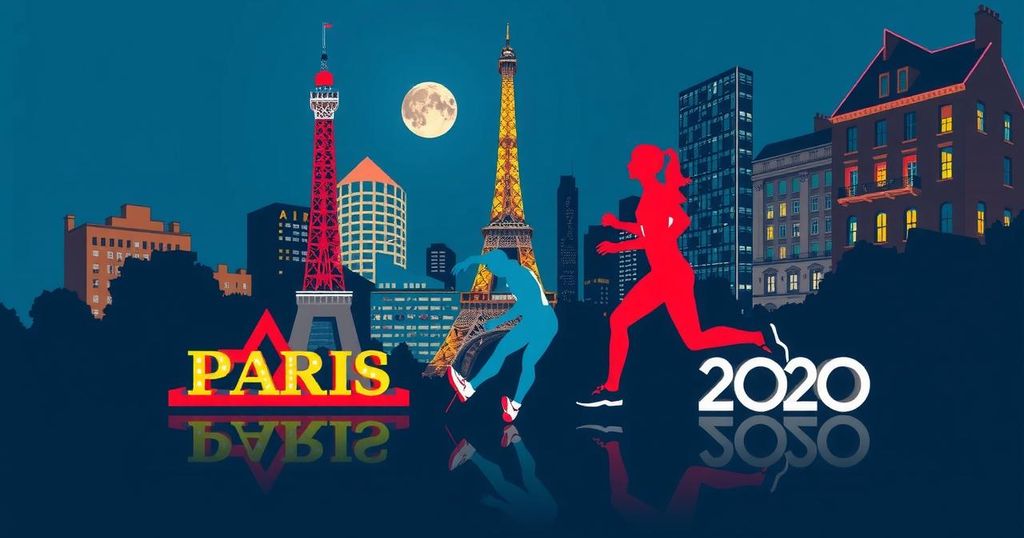
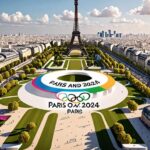


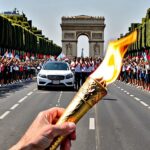
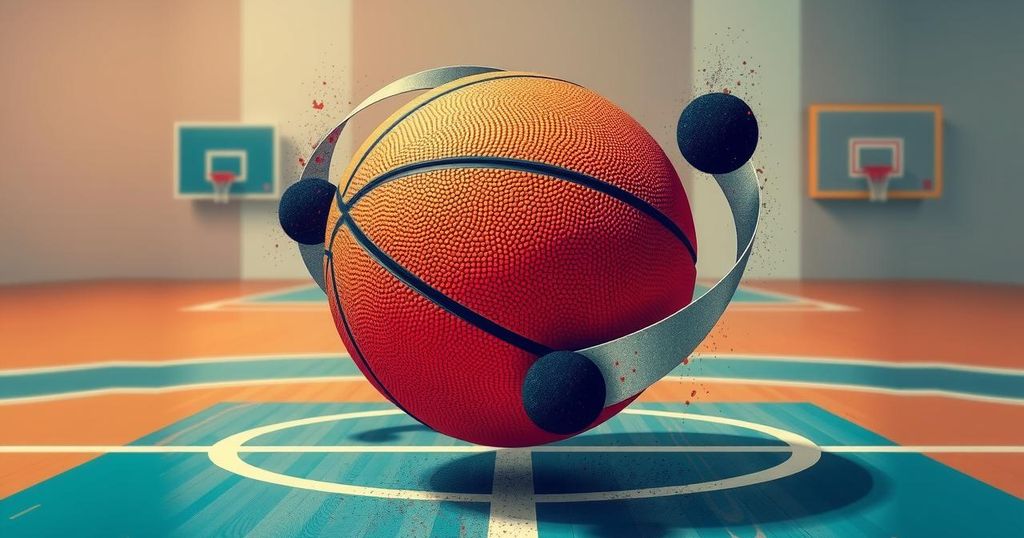
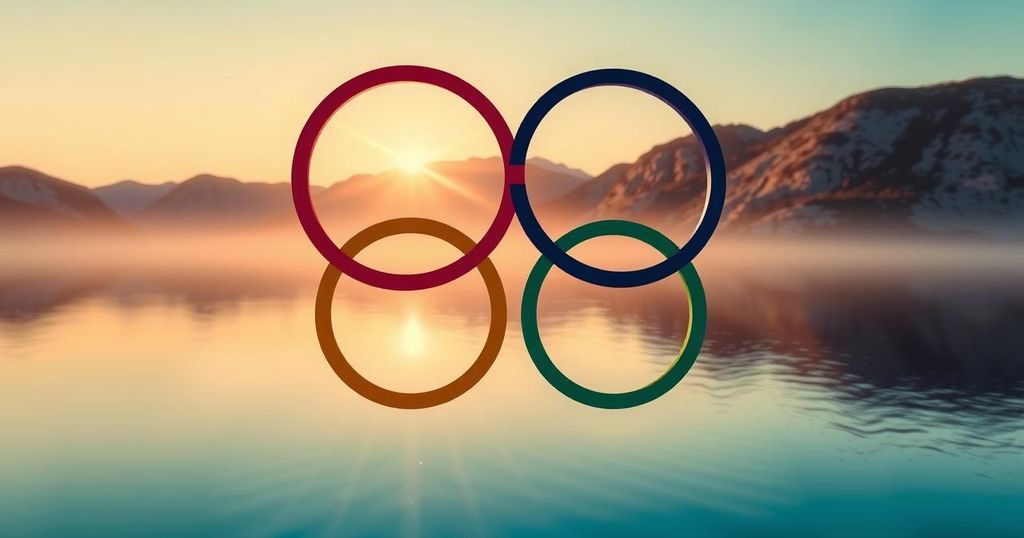
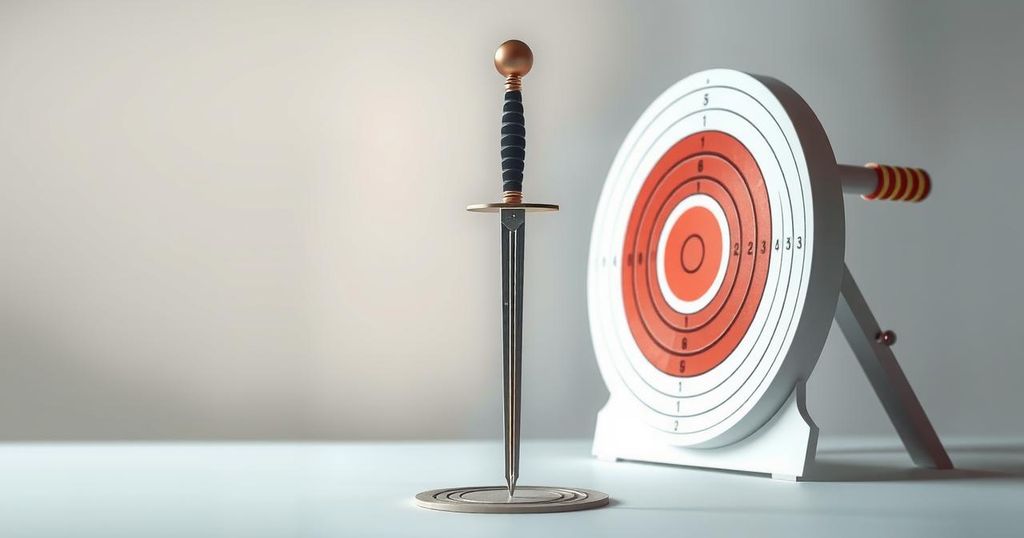
Post Comment